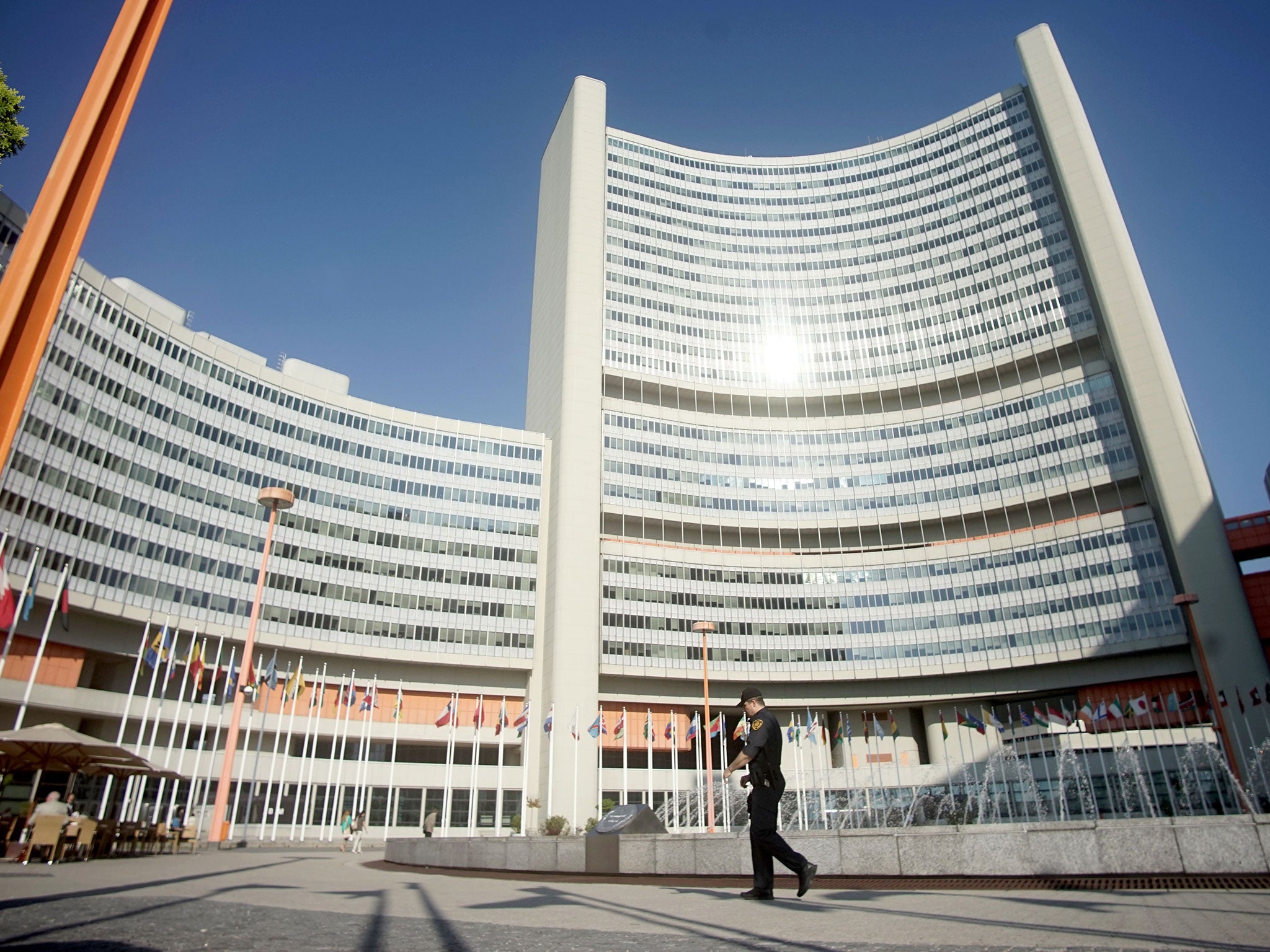Iraq insurgents 'seize nuclear materials' from Mosul University
Iraq's UN Ambassador said rebels had taken materials that 'can be used in manufacturing weapons of mass destruction'

Your support helps us to tell the story
From reproductive rights to climate change to Big Tech, The Independent is on the ground when the story is developing. Whether it's investigating the financials of Elon Musk's pro-Trump PAC or producing our latest documentary, 'The A Word', which shines a light on the American women fighting for reproductive rights, we know how important it is to parse out the facts from the messaging.
At such a critical moment in US history, we need reporters on the ground. Your donation allows us to keep sending journalists to speak to both sides of the story.
The Independent is trusted by Americans across the entire political spectrum. And unlike many other quality news outlets, we choose not to lock Americans out of our reporting and analysis with paywalls. We believe quality journalism should be available to everyone, paid for by those who can afford it.
Your support makes all the difference.Iraq has told the United Nations that “terrorist groups” have seized nuclear materials used for scientific research at a university in the country's north.
In a letter seen by Reuters, dated 8 July, the country appealed for help to “stave off the threat of their use by terrorists in Iraq or abroad”.
But the UN atomic agency said on Thursday it believed the nuclear material requisitioned by insurgents was “low grade” and did not pose a significant security risk.
Iraq's UN Ambassador Mohamed Ali Alhakim told UN Secretary-General Ban Ki-moon in the letter that nearly 40 kilogrammes (88 pounds) of uranium compounds were kept at Mosul University.
“Terrorist groups have seized control of nuclear material at the sites that came out of the control of the state,” Alhakim wrote, adding that such materials “can be used in manufacturing weapons of mass destruction.”
The International Atomic Energy Agency “is aware of the notification from Iraq and is in contact to seek further details,” spokeswoman Gill Tudor said.
“On the basis of the initial information we believe the material involved is low grade and would not present a significant safety, security or nuclear proliferation risk.”
“Nevertheless, any loss of regulatory control over nuclear and other radioactive materials is a cause for concern,” Tudor said.
Additional reporting by Reuters
Join our commenting forum
Join thought-provoking conversations, follow other Independent readers and see their replies
Comments